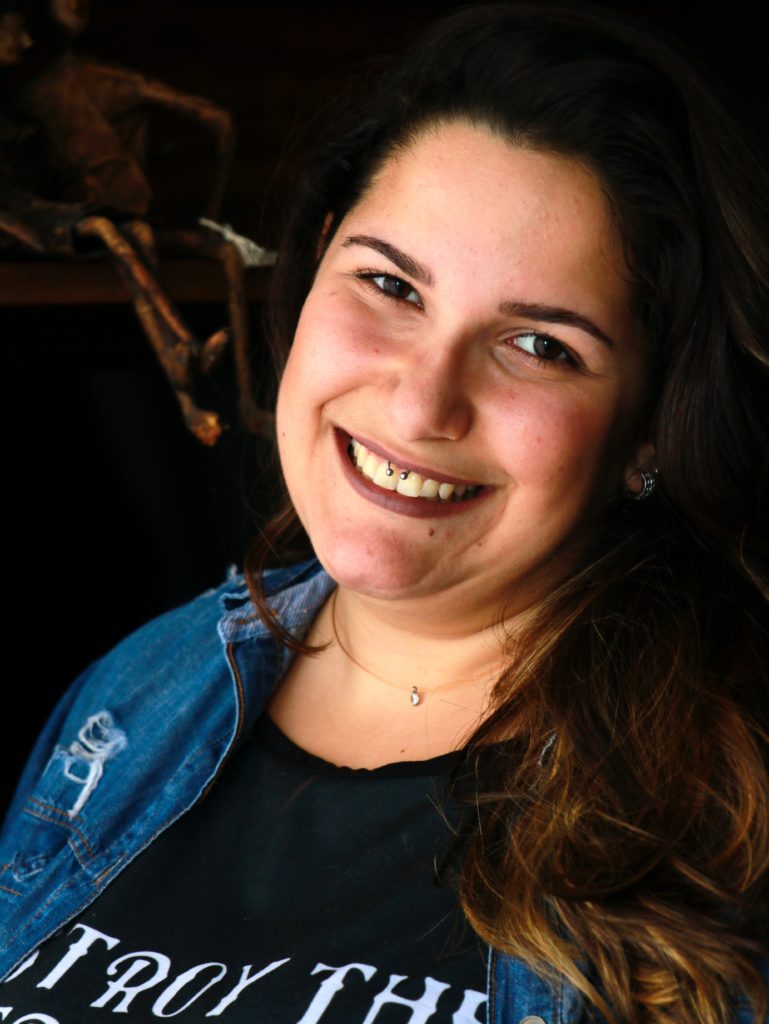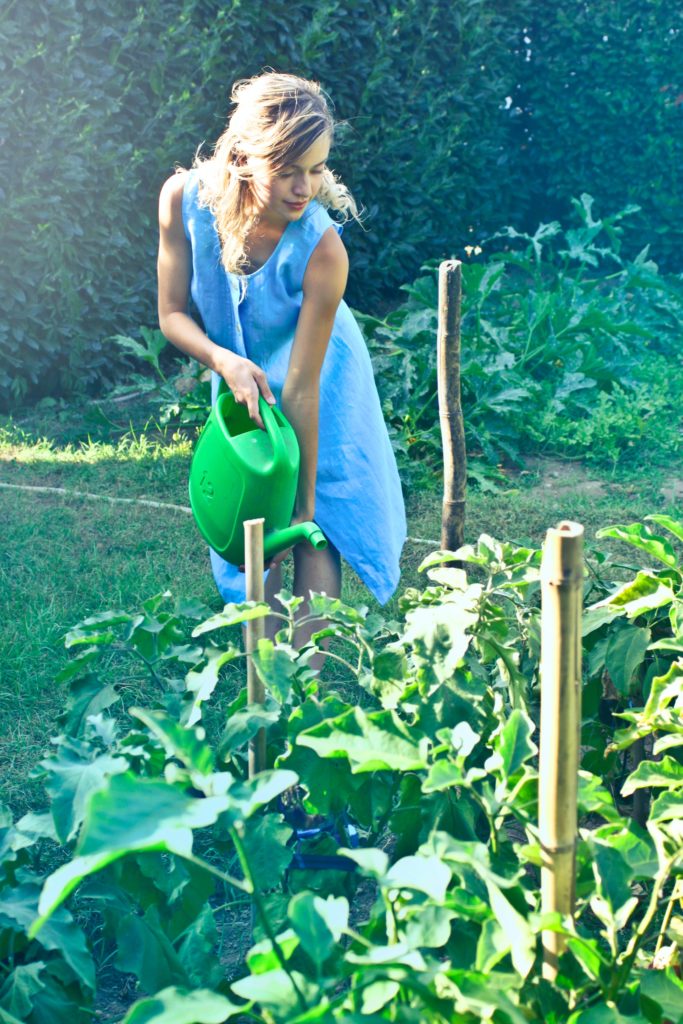“May you have interesting times always…” the asian proverb says.

Well, these are interesting times. Some of us might think a little too interesting…! And I guess most of us are eagerly looking toward the time when we’ll have times that are less interesting and more peaceful and predictable. Who could blame us? Still, for now, these interesting times require most to be shut-in in the name of social distancing, to “flatten the curve.” And prolonged periods of missing our routines, our friends, our gatherings, and enjoyable habits can really take a toll. Many otherwise healthy people are experiencing anger..even rage…, depression, feelings of anxiety, and grieving over the loss of friends or family members, as well as the loss of what makes life feel “normal.” But it’s actually possible to experience resilience during social distancing, believe it or not.
Even the basic loss of freedom to do what you want when you want to is devastating for some. And even though we know in our heads that this is temporary, that doesn’t necessarily help as much as you think it should.
And while there’s no right or wrong way to feel through this challenging time, there are some things you can do to improve your own resilience.
For Some, Resilience is Second Nature
Take Annie, for instance.
Annie is a single, middle-aged woman who lives alone with her orange tabby cat. She has always been upbeat, generous, and helpful, while taking care of her responsibilities. The one who bakes cookies as a gift when a new neighbor moves in, pitches in after the garbage collectors come by returning her neighbors’ receptacles to their garage doors, and offers a bright smile to whomever she meets.
When the COVID-19 pandemic emerged, she was dutiful in washing her hands often, and being careful during trips to the grocery store. Then the social distancing order meant she stayed in her house or garden at all times. She was fine for the first few weeks, enjoying contact with her friends and family online.
Resilience During Social Distancing May Not Be as Easy as Expected
But, after awhile, she noticed a dark wave of melancholy creeping over her. She was surprised by it, and discouraged. What was the matter with her…? She didn’t object to staying home awhile, to help stop the spread of the virus, and prevent more people getting sick.
Why did she feel this way?
Day after day, the gloom grew darker, and more overwhelming. Then she even found it was hard to get out of bed.
Why??
Where was this coming from???
She tried to fight it, to drag herself out of bed, clean and disinfect the house, and sweep the porch and sidewalk. She tried to pull weeds from her flowerbeds…but after 2 or 3 weeds, she just lost interest. And went back to bed with a book.
For a week, she forced herself to be productive, hoping this weight that was getting heavier would dissolve.

Eventually, she stopped sleeping. Laying in bed in the dark all night long, watching the sun come up then dozing a little while. Night after night. She grew more and more tired, and anxiety wound her up till her thoughts raced all night long.
She had a prescription the doctor had given her for sleep in case she needed it about 6 months ago. So she took the prescribed dosage, and it made no difference. All night long — wide awake.
Who would have thought that the lack of resilience during social distancing could interfere with sleep?
Finally, she decided to stop fighting it. She could do nothing about the social distancing, or about the weight of gloom. But she could just take the time to take care of herself and see what happened.
So Annie gave some thought to her dietary habits. For one thing, she decided to be careful to eat what was good for her, as she had avocados, walnuts, salmon, and chicken from her last trip to the store. She stayed away from the chips and cookies in the cabinet and tried to eat foods that actually benefitted her brain and body.
And she gave herself the next week off. No cleaning or gardening unless she wanted to. Why not?? She was home every day anyway.
It was an experiment, and the world wouldn’t end if she didn’t clean for a week. She hoped that by taking pressure off, and taking care of herself, resilience during social distancing would become strong again.
Since news of the pandemic began, Annie had searched the internet throughout the days looking for information about hospital capacities, testing availability, and masks and gloves up till now. So she decided to stay off the internet for the coming week, too.
“They’ll have to figure it out without me I guess…” and she laughed to herself at the absurdity.
And she chose books to read that had hope in their message. Fiction with happy endings, non-fiction with a message of hope. About that time, a trusted friend sent her an email to see how she was doing.
It seemed like a good idea to get some of this off her chest. So she told her friend how she’d been feeling, and how baffling it was.
A Friend Can Divide the Burden
Her friend, Carrie, was so understanding. Carrie said, “Annie! You’re not alone! I’ve been having some bad days, too. I think lots of people have. When you look on facebook, it’s everywhere!”

Carrie went on, “Some people are angry, others are whining and complaining, others are criticizing the government or other countries or whoever they can find to blame. I think that these changes, along with worry about whether we will get it, or someone we love will die, along with the uncomfortable reality that we’re out of control, just takes a greater toll than we realize. I think we all need to be patient with ourselves. This pandemic is going to end. It’s not permanent.”
Nothing Carrie said was a surprise, but somehow talking about all this, and hearing her support, seemed to help a little.
When Resilience is Natural for You, It’s Easier to Restore
So Annie embarked on her “week off” and just did what she felt like doing and what she enjoyed. She read books, relaxed, drank coffee in the mornings, and San Pellegrino at night with her healthy foods.
After 3 days of this, Annie woke up and realized she had slept all night. That was a breakthrough. The next day she went for a walk on her street.
Then, the next day, she worked in her flowerbed, and pulled out weeds and turned the soil. Her heart was getting lighter, she could tell. A few days later, she was ready to clean her house, a little at a time. Most importantly, she sensed hope emerging inside her again. A little exercise, reduced pressure, good food, and sunshine…as well as avoiding depressing news sources …and Annie was almost as good as new.

You may find that Annie’s remedy can help you, too. It’s helped lots of people going through these “interesting” times.
When You Aren’t Naturally Resilient, There’s Still Hope…
But, if you’ve been depressed, anxious, overwhelmed since long before the pandemic began, Annie’s remedy may not be strong enough to make the difference you need. And if that’s the case, don’t worry.
There’s no shame in a condition that saps your energy and darkens your outlook. It just might mean that you need treatment to help you find the hope Annie did.
Because hope is something every human needs to live well. And resilience is a product of hope. You need both.
Ketamine Treatment Restores Resilience
We have a treatment that can restore hope, joy, and resilience for you if you’ve lost them. It’s not a temporary or artificial “fix” like some people seek in shadowy places. Ketamine treatment goes into your brain cells and stimulates the growth of essential elements that are missing.
Things like brain derived neurotrophic factor (BDNF) that proliferates the production of synaptic connections that brighten the communication of thoughts and creative signals in your brain.
It’s more like ketamine sets your brain cells in optimum working condition, like they should be.
And when that happens, your mind can function to provide you with a sense of wellbeing, so you feel hopeful, joyful, and resilient.
At Innovative Psychiatry, we’re an essential service in this crisis, present and ready with a full safety protocol for treating patients who need to be treated during this difficult and challenging time of social distancing.
The coronavirus hasn’t reduced the need for treatment of depression, PTSD, anxiety, suicidal thinking, and other conditions, but has actually increased it. And we’re here to help you get through this uncertain time with treatment that can reduces, or even eradicate your symptoms.
Resilience during social distancing due to the pandemic is important, and can be restored in you.

We understand the difficulty of social distancing, of feeling isolated, and of coping with symptoms that traditional medicines aren’t helping.
If you believe ketamine treatment can help you, call us.
We’ll talk about whether ketamine treatment might be a good fit for you and talk you through the process of treatment.
There really is a way to function and feel up for the challenges of life during this time. You really can have joy again, and hope.

To the restoration of your best self,
